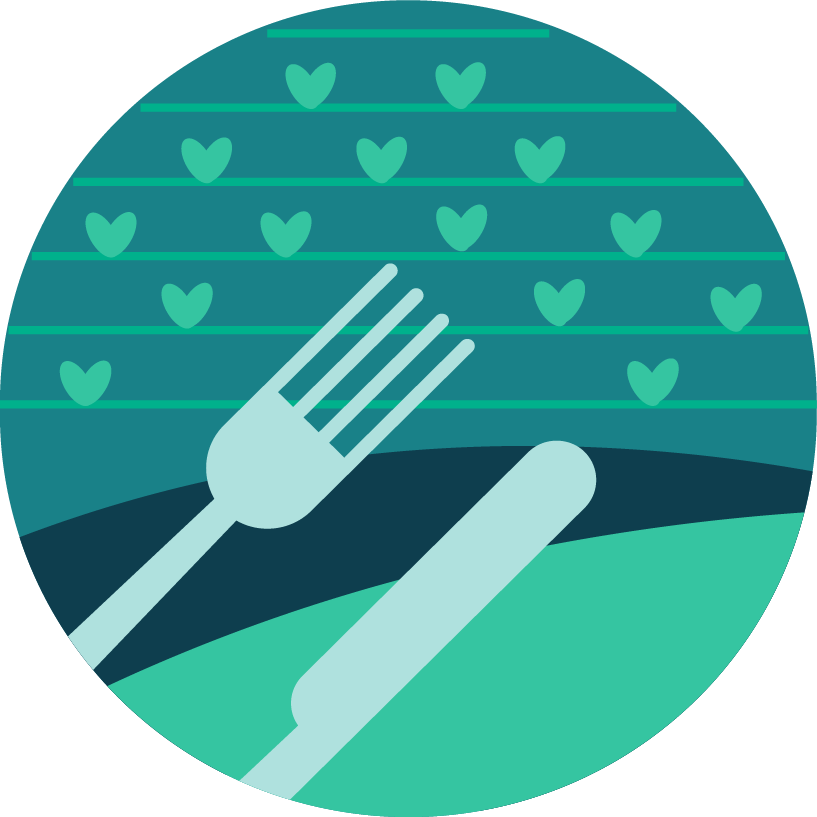What do we see?
The average concentration of nitrate in surface water from agricultural areas in the Flemish region was 17.6 milligrams per litre during the winter season of 2021-2022. This number shows a decrease compared to the two previous winter seasons.
The threshold of 50 mg nitrate per litre was exceeded at least once at 22% of the measurement sites. This marks an improvement compared to the three previous winter seasons.
What’s the aim?
In a circular model, we aim to avoid leakage flows as much as possible: this limits the demand for new inputs and prevents damage to the environment. Excess amounts of nitrate in soil lead to eutrophication of water. The result is not only a disruption of the ecosystem but also a negative impact on our drinking water. The amounts are linked to the way we produce our food, think for instance about cultivation choices and fertilisation. However, weather is also a strong determinant: during prolonged droughts, the presence of nitrate in the soil increases as crops absorb less nitrogen.
What does this indicator measure?
This indicator shows the evolution of the amount of nitrate in surface water in Flemish agricultural areas based on measurements in 760 monitoring sites between July 1 and June 30 (winter year), both in average concentration and in the number of sites where the limit value of 50 mg NO3/l was exceeded at least once. The data are collected by the Flanders Environment Agency (VMM) using the MestActiePlan measurement network.



 VMM
VMM

